Buying British: UK content on the up Down Under
LONDON SCREENINGS: The second largest international market for British content, Australia generated £118m (US$141m) in sales for the UK last year. C21 catches up with some of the biggest buyers in Oz to hear what they are looking for this week.
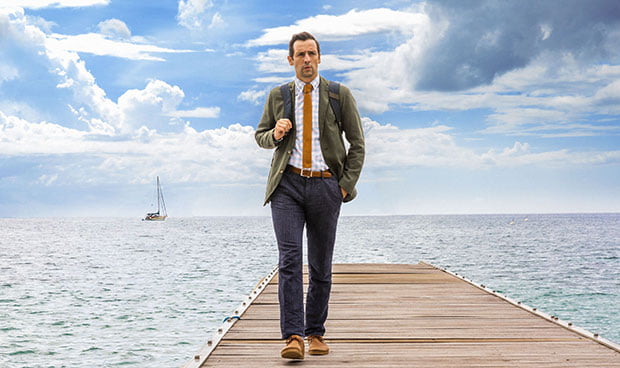
Shows like Death in Paradise ‘bring in every demographic’
For decades, UK screen productions have been part of Australia’s televisual DNA. As new streaming platforms compete for audiences, the appetite for British content has far from waned, and has even accelerated in some genres.
Australia’s national public broadcaster the ABC has been inextricably entwined with UK content, with generations of Australians growing up with UK children’s programming such as The Magic Roundabout, serialised drama like EastEnders, enduring crime shows like Midsomer Murders and classic comedies including The Young Ones and Absolutely Fabulous.
“The ABC houses a wide variety of UK content and our audience is as broad as the selection,” says Roberta Allan, the broadcaster’s head of content curation and distribution. “Titles such as Death in Paradise, Vera and Van Der Valk are so popular they bring in every demographic, and talent such as Louis Theroux brings in a strong under-55s audience but still has great appeal.”
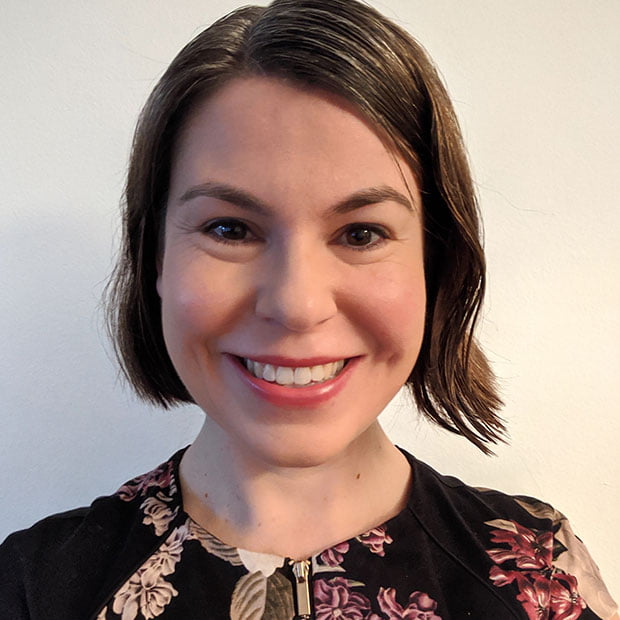
Roberta Allan
The ABC recently acquired horror-themed drama series Wreck, a BBC Three commission for a younger audience, while Peppa Pig is an enduring hit with preschoolers.
Allan adds that, as Australia’s largest commissioner, the ABC strives to offer a clear point of difference, with ABC audiences demanding quality. Given that the pubcaster has a wide scope, all genres are important. “Dramas, crime and family-centred shows generally bring in the strongest competition. I would not say any genres are waning; there are always new concepts and executions keeping content fresh,” she says.
Chrissie Carras, head of branded services at BBC Studios Australia and New Zealand (ANZ), agrees that UK programming continues to be in strong demand in the region. “There is a strong affinity for all types of shows – dramas, documentaries, kids, entertainment, news – there really is something for everyone.
“But it’s not just about the audiences who have grown up with UK programmes; younger audiences are equally drawn to UK content. Whether they are being watched on our channels, free-to-air or SVoD services, British shows can be found everywhere in ANZ. This is testament to their enduring appeal and ability to deliver audiences to any platform.”
Despite fierce competition, Australian audience and network buyer attraction to UK content has not dissipated, but its delivery and consumption has changed. The Doctor Who series exemplifies this commitment, with the iconic show securing a screening deal with the ABC for 50 years. This agreement was originally until the show’s end, but in 2022 BBC Studios announced a new partnership with Disney+ to continue the series.

Chrissie Carras
And at Mipcom in October, BBC Studios renewed its multi-year agreement with the ABC, giving the pubcaster access to a wide range of content to screen across its channels and streaming service ABC iView. The deal covers titles in factual entertainment, drama, comedy, science, history and kids, and included the latest titles from documentarian Louis Theroux and physicist and presenter Brian Cox.
The advent of competitive streaming platforms and channels dedicated to UK content, such as Foxtel’s BBC First and UKTV, in addition to BritBox, have given Anglophiles a feast of content. But Australian programmers and buyers are now more aggressive and increasingly taking sophisticated approaches to working with UK content producers.
Due to this fevered competitive landscape, Aussie multicultural broadcaster SBS has approached this year’s London Screenings with a refreshed strategy. Peter Andrews, its head of network programming, television and online content, tells C21: “Clearly, there needs to be a meeting of the minds. We’re going to be meeting with producers and distributors that already have a portfolio of content they want to show us. But we also want to meet with producers and distributors to explain to them what we’re looking for and what we’re after.”
And it’s not just finished product the broadcaster is seeking. “With the current marketplace and competition, we need to be a little bit agile in the way we work,” Andrews continues. “Therefore, we’re not just acquiring and we’re not just commissioning; we’re actually in that space of partnering as well, because the current content landscape is requiring new ways of doing business to continue to service our audiences in unique and diverse ways.”
Stephanie Quinn, director of content partnerships at pay TV group Foxtel, directly oversees the third-party content that comes through Foxtel’s relationship with BBC. This includes the BBC First and UKTV channels. For her, British content not only remains popular across multiple demographics but has also gone from “strength to strength,” she says.
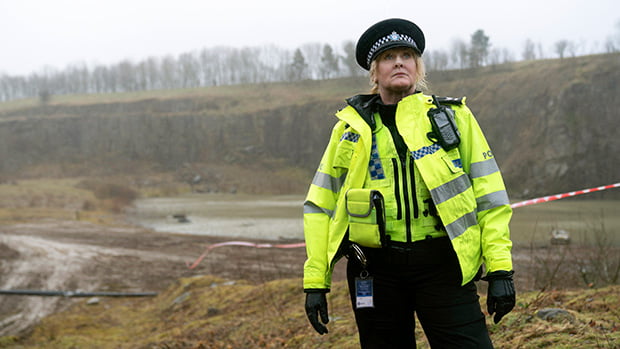
Gritty BBC crime drama Happy Valley
“We’ve had incredible shows coming through recently, like Vigil, Silent Witness and Happy Valley. These titles travel so well and have done amazing numbers lately. The old favourites do incredibly well, just as the big shiny tentpoles do too. And as the core Foxtel demographic audience is a slightly older demo, we find they just can’t get enough of British content,” Quinn says.
With Foxtel audiences, the demographic sweet spot for UK content skews significantly female and in the 54-plus age bracket. Quinn adds, however, that Foxtel’s streaming services are bringing younger viewers to British content as well. “We see crime thriller grouping has been doing really well. All UK TV content is, as always, a winner for us.”
And, significantly, classic UK programming has retained enduring appeal, she says. “Midsomer Murders is still one of our strongest shows; Death in Paradise also. These are the shows that just keep on keeping on, and people are just in love with them, as they know what they’re getting. There are no surprises and they seem to reinvent themselves every time there is a new season.”
Foxtel viewers, Quinn says, tend to like to know what’s in the box.
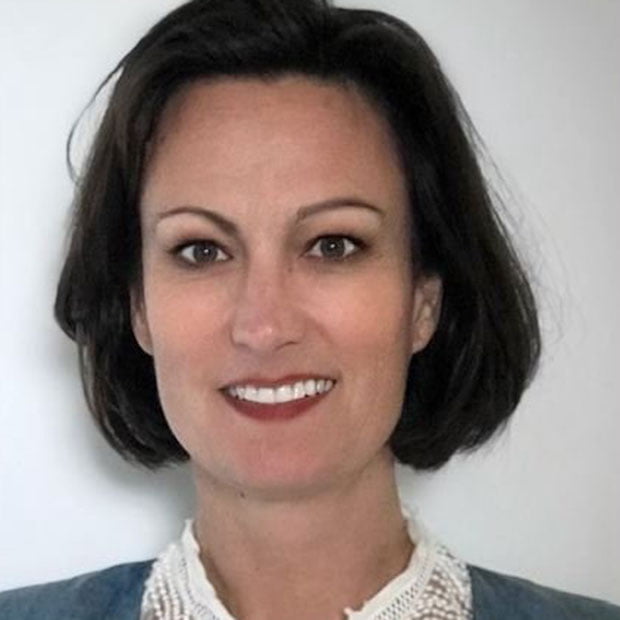
Stephanie Quinn
Meanwhile, BritBox International has hit three million total subscribers across its global markets, including Australia, where it launched in late 2020. The BBC and ITV joint venture has also forged new distribution partnerships in Oz, with the service now available on Amazon Prime Video and Apple channels across the country.
Quinn concedes that BritBox has created an overlap in the fight for viewers. However, she says the type of content investment is the differentiator and that programmers need to keep to their lanes as the lines are getting blurred.
“We’re lucky because we have a great relationship with the BBC, and that partnership has developed over the years,” Quinn says. “With BritBox and BBC First, which is probably where there’s an overlap, the difference is that BBC First has premium drama, always really big-bang, high-production-value tentpoles, whereas, from what I understand, BritBox has that comfort viewing, a little bit more middle-of-the-road content. Occasionally, they dip into that premium world, but on the whole they’re just going for the deep catalogue of comfort viewing and shows that people know and love and enjoy across the British genre.”
For BBC Studios’ Carras, the competition is all about serving one’s own audience needs. “We are both very focused on our own audience propositions. Our channels and BritBox maintain distinctive propositions; they offer complementary services and satisfy different audience needs. Having said that, of course there will be certain titles that are in very hot demand in the market, which leads to some healthy competition – may the best offer win!”
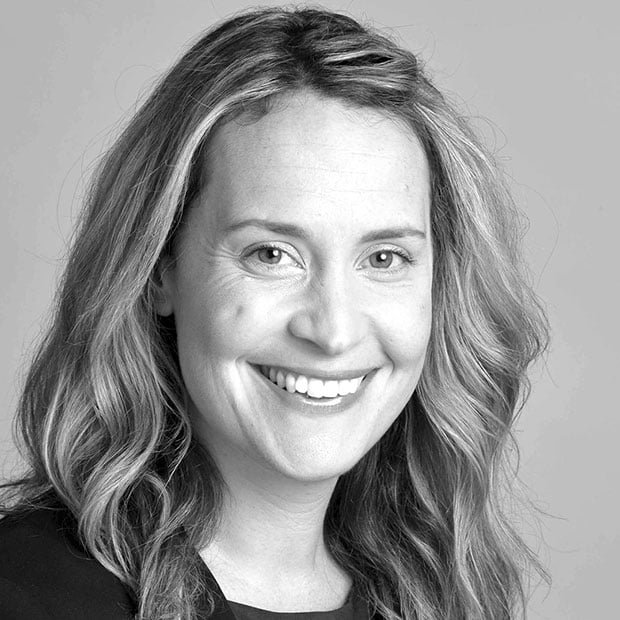
Jessica Ellis
More platforms, more UK opportunities
The multiplatform world has created new subtleties in demand, according to ABC head of commercial TV Jessica Ellis, but broadcast television still seeks primetime ratings winners. “There is not as much risk-taking; they need higher quality across all genres with specific episodic formats to suit schedules,” the exec says.
For streaming, “there is the opportunity to take more risk with comedy and overseas drama and offer a wider variety of documentaries,” Ellis continues. “Episode and duration formats are more flexible, and accents travel well on streaming platforms but can sometimes be more of a challenge on broadcast.”
The ABC’s Allan adds: “It’s true that as streaming services launch in Australia, there is more competition for content and audiences. There is competition to acquire content, and the rights structures continue to get more complicated. New streaming services not only bring more parties into the acquisitions arena, but more original content is being made too.”
SBS, meanwhile, is now looking at investing in UK content development alliances to keep pace with streaming trends. “We’re all talking about finding ways to bring the best ideas and the best editorial stories, and looking at ways to elevate new voices, new talent, diverse voices, diverse talent, diverse stories and elevate them and bring them to ally in conjunction with likeminded partners, whether it’s a coproduction or co-finance, or whether it’s just a simple partnership,” says Andrews.

Peter Andrews
The broadcaster is also a significant buyer of UK content, and Andrews says premium, factual and entertainment represent the three main areas of interest. SBS also invests heavily in UK food-related content for its Food Channel. “We have a very, very distinctive portfolio of channels. What we’re trying to do is clearly find the right content that speaks to our audience, on each of the channels,” Andrews says.
The streaming competition is what keeps SBS “very honest,” Andrews adds. “From our original commissioning perspective, the bar has been set quite high in terms of the production budgets that the streamers are investing in locally and globally. And we’re very aware of the fact that we’re perhaps not competing directly but we’re finding we’re being energised by the fact that the bar has been set high. We are honest in terms of trying to create content that serves the audience, that they have a certain expectation around now.”
Over the last year, UK drama has excelled in engaging Australian audiences. Carras reveals that the latest seasons of BBC dramas Happy Valley, Death in Paradise and Call the Midwife, which premiered in January, outperformed expectations.
“All have been standout performers, giving us our highest-rating month on BBC First in eight years. Familiar, well-loved shows like Death in Paradise, Call the Midwife, Unforgotten and Shetland continue to be among our most watched titles, not just on our channels but across the whole of the subscription TV market in Australia.”
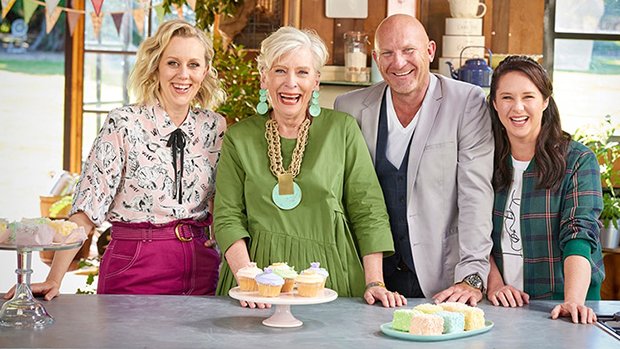
The Great Australian Bake Off season five judges and hosts Claire Hooper, Maggie Beer, Matt Moran and Mel Buttle
New titles like Sherwood and This England have also had great success, according to Carras. “The appetite for the kind of well-written, well-acted and well-crafted stories that the British creative industry is known for shows no signs of abating. Blue-chip natural history is also a big draw,” she says.
Carras adds that outside of the BBC-branded channels, UK lifestyle content is always popular, with the Bake Off brand proving particularly successful. The original Great British Bake Off plus celebrity and other international versions of the show have all found strong audiences in Australia, as has the locally produced Great Australian Bake Off. BBC Studios has also reimagined big UK formats such as Dancing With the Stars, Mastermind and The 1% Club for Australian free-to-air audiences.
ABC’s Ellis has also experienced success in working with talent such as Miriam Margolyes. The British-Australian actor has fronted two factual series – Almost Australian and Australia Unmasked – that have done well both domestically and internationally. Ellis says the shows work because they mirror Margolyes’ work on the BBC, which has been well received in Australia, and also speak directly to the older ABC demographic, which remains keen on UK content.
Andrews says maintaining SBS’s distinctiveness is key when it comes to content relationships. “Especially in the non-scripted space, [we need] to find ways to bring new faces to screen and tell those stories. Whether it’s a beautiful journey on a train, rather than having someone that is a household name, from a British perspective, how can we bring in a new face and a new, diverse talent that can tell the same story and create opportunities?”
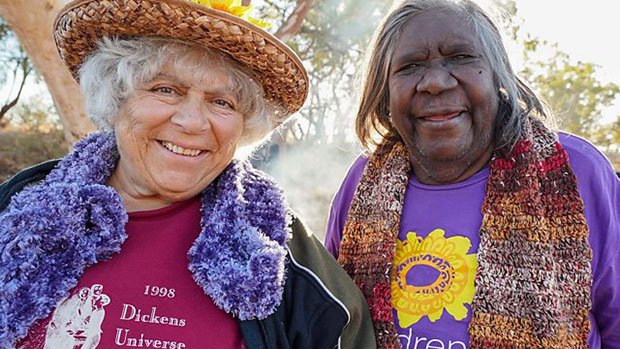
Miriam Margolyes: Almost Australian
London Screenings 2023: What Aussies want
ABC: The pubcaster will be looking for great stories that engage the audience and impact them in some way. “We are after both scripted and unscripted. We are after familiar content that our audiences will love, and a few titles that will surprise them. Buying for both ABC iView and our broadcast channels, we always have a long and wide shopping list,” says Allan.
Foxtel: “I’m going with a really open mind and I’m excited because things have changed so much in the last 12 months, particularly with the BBC,” says Quinn, who believes Australian audiences want more content with “talkability” and “big names, some of the stuff that’s always travelled well. But as long as there are high production values, they translate into really captivating viewing.”
Quinn adds: “It’s great when you go to the London Screenings and you can actually delve into the producers and have discussions about the content. If you’re lucky, you can get a real feel of the content. I’m really excited about this market, I’m very optimistic.”
BBC Studios ANZ: “We’re attending both our own Showcase and the London Screenings in person this year. It’s good to get back to in-person events; nothing beats the networking and informal conversations that happen outside of all the meetings and screenings,” says Carras.
“Once again, we’ll be looking for premium British shows across drama, entertainment, factual and kids. As ever, big-name casts, writers and directors will pique our interest. And IP that audiences already have familiarity with is great, but we are on the lookout for gems wherever they come from. I’m looking forward to hearing more about the second season of Time and what is coming down the pipe from BBC Studios’ stable of indies, as well as the latest titles on offer from all our other content partners.”
SBS: “We’re going to the UK to have conversations with producers and distributors around partnerships, which is important in this world. We are looking for ways to bring stories to get to the screen that absolutely complement our original and commissioning strategy. It is really important that we find new voices, new talent and a diversity of talents in that sort of matrix of partnerships conversations,” says Andrews.





















.jpg)




























